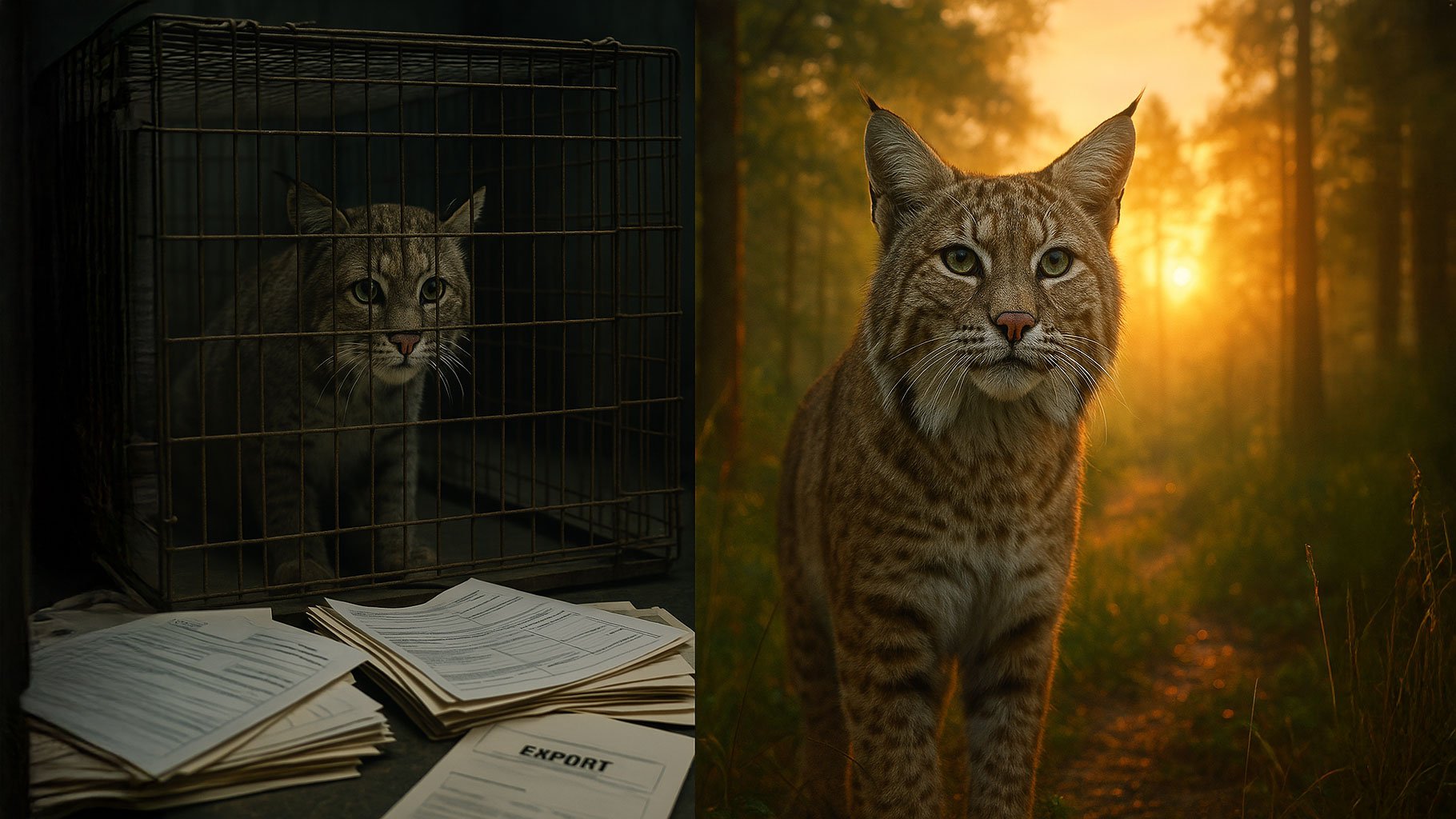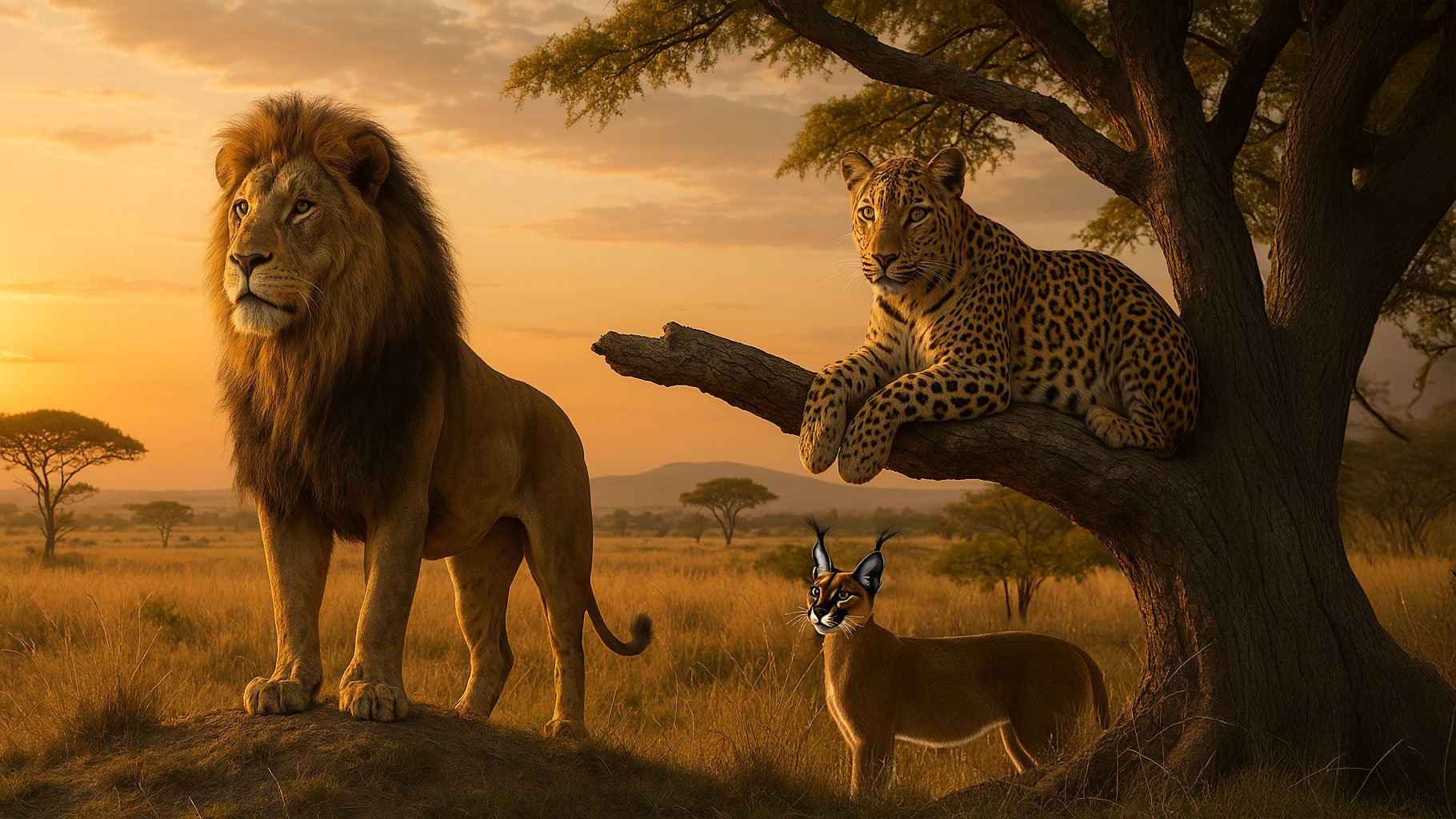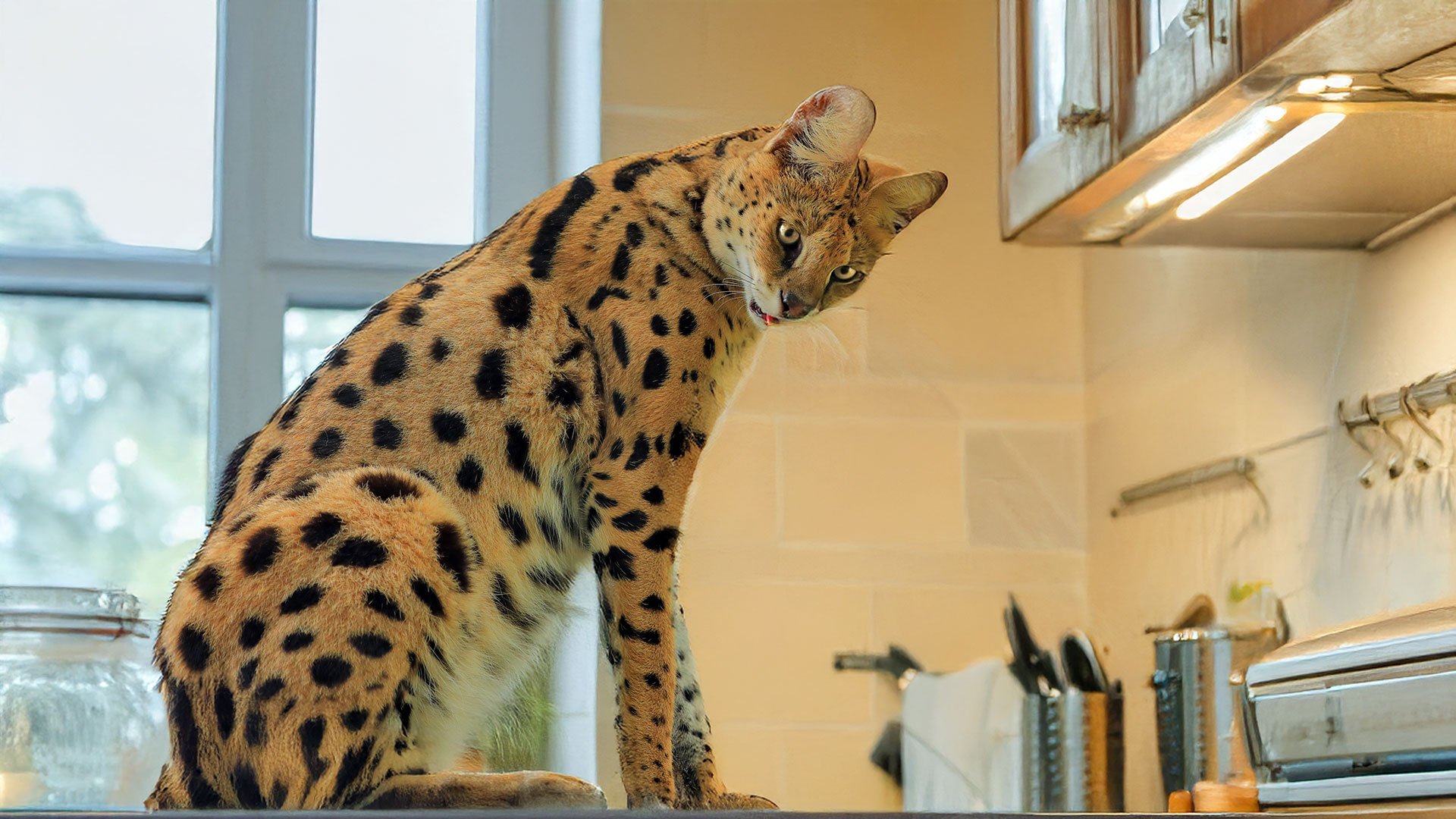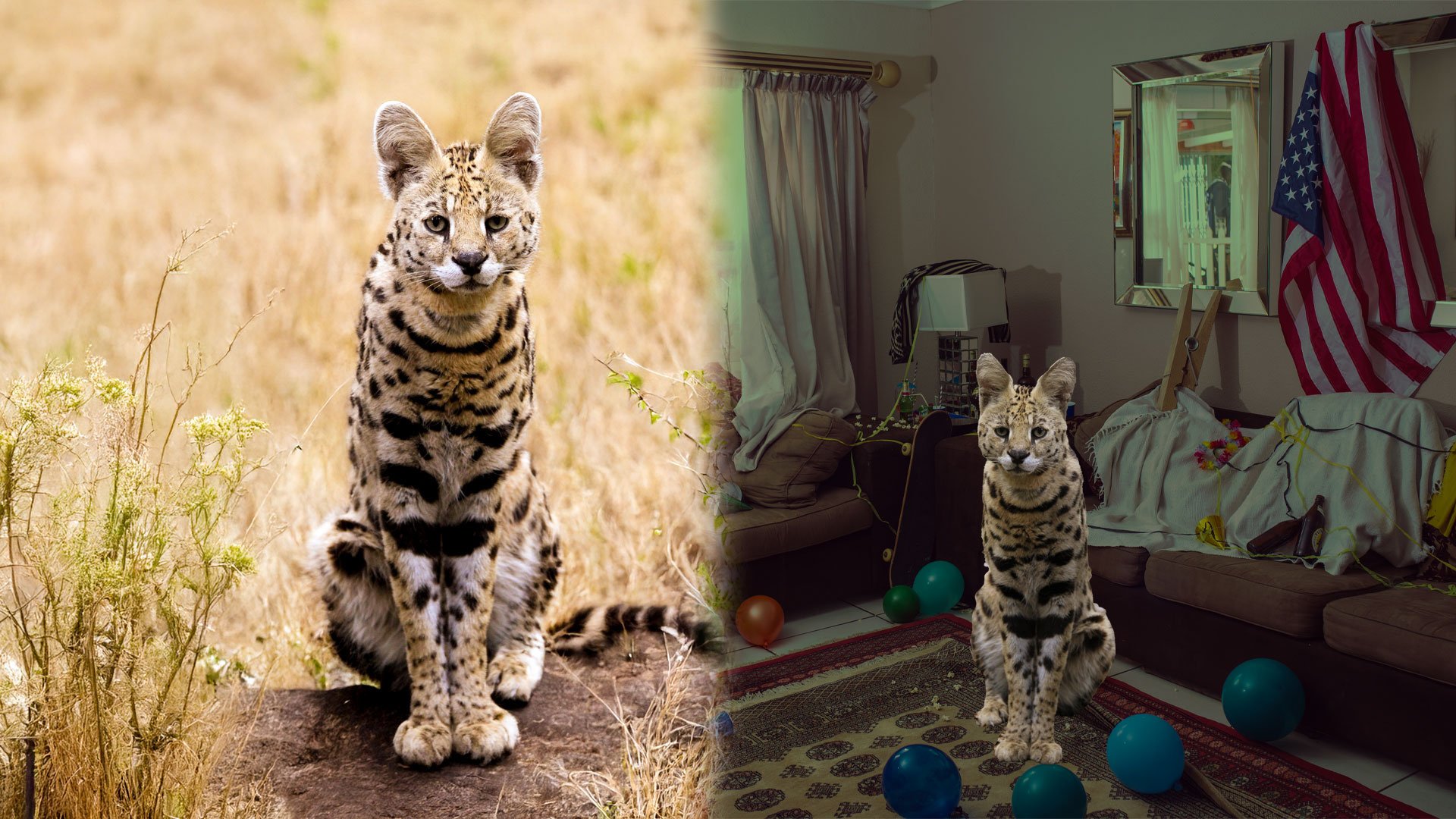No Such Thing as a Domesticated Serval
When an African serval named Kenai escaped from captivity in Swansboro, North Carolina, and was spotted three miles away, the response from the owners was one of thanks to the community—yet glaringly absent was an acknowledgment of accountability. While it's heartening that local authorities and citizens acted quickly to help, we must not lose sight of the real issue: exotic cats like servals do not belong in backyards, basements, or even fenced yards in suburbia.
Let’s be clear—this was not a harmless mishap. This was a predictable consequence of keeping a wild animal in an environment it was never meant to inhabit. Servals are stealthy, powerful, and naturally elusive cats adapted for life in the savannas of Africa, not the neighborhoods of North Carolina. When they escape—as they inevitably do—the risk is not just to the animal, but to the community around them.
Despite the owners' attempt to downplay their failure with platitudes and social media gratitude, the facts remain:
Kenai’s escape was a failure in containment.
It put the cat in danger and forced local officials to divert resources.
It needlessly exposed citizens and their pets to the risks of an unpredictable wild animal.
No legitimate sanctuary would perpetuate the cruelty of keeping wild cats as pets, and Wildcat Ranch in Richlands is NOT accredited by the Global Federation of Animal Sanctuaries.
Some, like Stacy Petit, who cares for the animals at the ranch, will insist that servals can make good pets “if raised right.” That is dangerously misleading. Servals are not domesticated animals. No amount of bottle-feeding, litter training, or leash-walking can rewire 11 million years of wild instincts. They are notorious for escaping enclosures, spraying to mark territory, and exhibiting hunting behaviors toward household pets or even small children. Too often, once the novelty wears off or problems arise, these cats are dumped at sanctuaries—if they’re lucky—or euthanized.
And let’s not forget: the Big Cat Public Safety Act, passed in the U.S. in 2022, was implemented precisely because these “private owner mishaps” had become far too common. While the law focuses on lions, tigers, leopards, jaguars, and cougars, servals are still being caught in the gray zone of legality and exotic pet loopholes—something that urgently needs to change.
This incident is not a feel-good reunion story—it’s a warning. Kenai was found this time. But how many wild cats don’t make it back? How many are hit by cars, shot out of fear, or left to starve in unfamiliar terrain?
The truth is simple and inconvenient: wild cats belong in the wild—or in accredited sanctuaries and conservation programs, not private hands.
If we truly love wild animals, we will stop trying to own them.
Sources: https://www.wnct.com/local-news/domesticated-african-serval-escapes-home-in-swansboro/ and https://wcti12.com/news/local/african-serval-kenai-escapes-in-swansboro-search-ongoing






